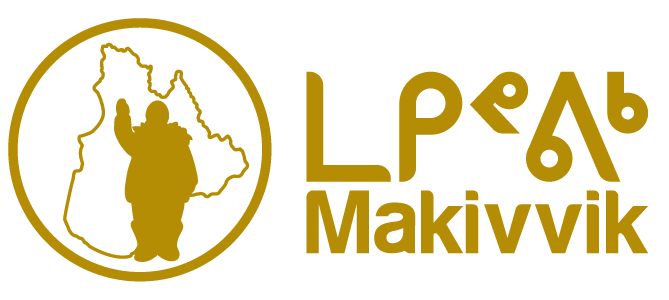Kuujjuaq, Quebec – June 20, 2017 – On Friday June 16, 2017 at the Quebec National Assembly, Bill 113 called “An Act to amend the Civil Code and other legislative provisions as regards adoption and the disclosure of information” was adopted with the unanimous consent of all parliamentarians.
The Bill notably includes important new provisions related to Inuit customary adoption, which were developed in close collaboration with Makivvik and the NRBHSS along with other Aboriginal partners.
For Nunavik, it follows years of discussion and negotiations for engaging Quebec towards such official recognition, but also various waves of community consultations, a 2006 milestone report on Aboriginal customary adoption practices, and months of work by the National Assembly’s Committee on Institutions responsible for the article-by-article review of the Bill.
Under the Bill, effects of Inuit custom adoptions will be recognized by law, under a mechanism provided for the Quebec Civil code enabling the issuance of a unique birth certificate reflecting the new lineage resulting from traditional Inuit custom adoption.
Jobie Tukkiapik, President of Makivvik, stated: “Nunavik Inuit have consistently called for Quebec’s laws to legally reflect the effects of our customary adoption regime. Although recognition is offered by the Constitution Act and at the James Bay and Northern Quebec Agreement, a practical inclusion of the effects of our adoptions on the kinship of our Inuit children and their parents was considered crucial. We therefore wish to thank the Government of Québec and Minister of Justice Stéphanie Vallée for having recognized in respect and integrity this important customary regime.”
Minnie Grey, Executive Director of the Nunavik Regional Board of Health and Social Services, commented: “it is with great pride that we welcome this announcement by the Government of Quebec. A lot of team efforts were put into this file and we see it as a regional accomplishment to finally have this important issue recognized.“
Inuit customary adoptions are not a rare occurrence in Nunavik. It is a vibrant and alive practice as it is estimated that 1 out of every 3 to 4 Inuit newborns are adopted according to customs. An average of 50 Inuit children are more or less customarily adopted every year in Nunavik.
Makivvik and the NRBHSS intends to pursue collaboration with the Government of Québec for implementing the Bill, but also with respect to other Inuit Customary Care Regimes on Children and Families, notably for having assessed the scope of measures needed for renewing the role of Inuit traditions over youth and families.
-30-
Makivvik is a Land Claims Organization mandated to manage the heritage funds of the Inuit of Nunavik provided for in the James Bay and Northern Québec Agreement. Makivvik ́s role includes the administration and investment of these funds, and the promotion of economic growth by providing assistance for the creation of Inuit operated businesses in Nunavik. Makivvik promotes the preservation of Inuit culture and language as well as the health, welfare, relief of poverty and education of Inuit in Nunavik communities.
The NRBHSS is a public agency created in 1978 under the James Bay and Northern Québec Agreement. It is responsible for nearly the entire Québec territory located north of the 55th parallel in terms of the provision of health and social services for the inhabitants of the 14 communities.
For additional information:
William Tagoona
Communications Coordinator and Media Relations
Makivvik
wtagoona@makivik.org
819-964-2925
For additional information:
Caroline D’Astous
Communication Officer
Nunavik Regional Board of Health and Social Services
Caroline_dastous@ssss.gouv.qc.ca
819-964-2222 extension 293

